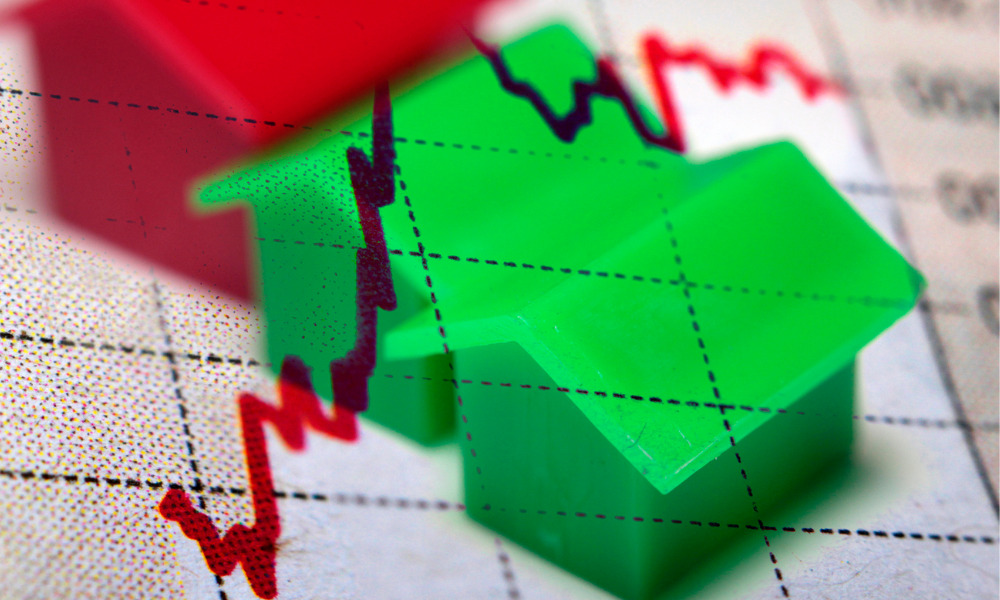Chief executive says "it would be prudent to act sooner rather than later"

During a parliamentary hearing last week, Commonwealth Bank of Australia’s (CBA) chief executive Matt Comyn voiced concerns over the rapid surge in house prices -- the fastest pace Australia has seen in 32 years.
Liberal MP Tim Wilson, who chairs the committee, asked whether the chief executive of the country’s largest mortgage lender was concerned about mortgage stress.
Although low interest rates indicate that the bank’s lending portfolio is healthy, Comyn said that there are still reasons to be worried about the future.
“If you were to ask that question slightly differently in terms of increasing housing debt and increasingly housing prices,” Comyn said. “I would say we are increasingly concerned.”
In August, CoreLogic found that house prices soared by 18.4% to a mid-point of $666,514, marking the fastest annual growth since July 1989, when interest rates were at 17%.
By comparison, income went up just by 1.7% last year, so borrowers risk a high debt-to-income ratio. Australia’s debt-to-income ratio of 183.8% in June 2021 was the second highest in the world after Switzerland, according to the Reserve Bank of Australia (RBA).
“It is much harder to act when the market is accelerating versus taking interventions to try to avoid too much of an acceleration,” Comyn said. “We think it would be important to take some modest steps sooner rather than later to take some of the heat out of the housing market.”
Financial regulators, such as the Australian Prudential Regulation Authority and the RBA, have been monitoring developments in the housing market, but have been satisfied that lending standards are still up to par.
“I want to be clear, I’m not concerned about the point we are at today. But based on the acceleration, I think it would be prudent to act sooner rather than later,” Comyn said.
Read more: Higher borrower debt no cause for alarm yet
Before the pandemic, Sydney property prices fell by 14.9% between 2017 and 2019, but managed to bounce back after the APRA implemented stricter rules on investor loans.
When the pandemic hit, interest rates were slashed and more professionals opted to work from home or relocated to either capital cities or regional areas. These led to record high property prices in the majority of Australia’s submarkets.
Today, the Reserve Bank of Australia cash rate is at a record low of 0.1%, while other major banks offer mortgage rates at 2%.
Philip Lowe, governor at the RBA, expects the cash rate may stay on hold until 2024. Some analysts have recommended to lift the cash rate to cool the market, but Lowe thinks otherwise.
“I want to be clear that this is not on our agenda,” Lowe said. “While it is true that higher interest rates would, all else equal, see lower housing prices, they would also mean fewer jobs and lower wages growth.”



